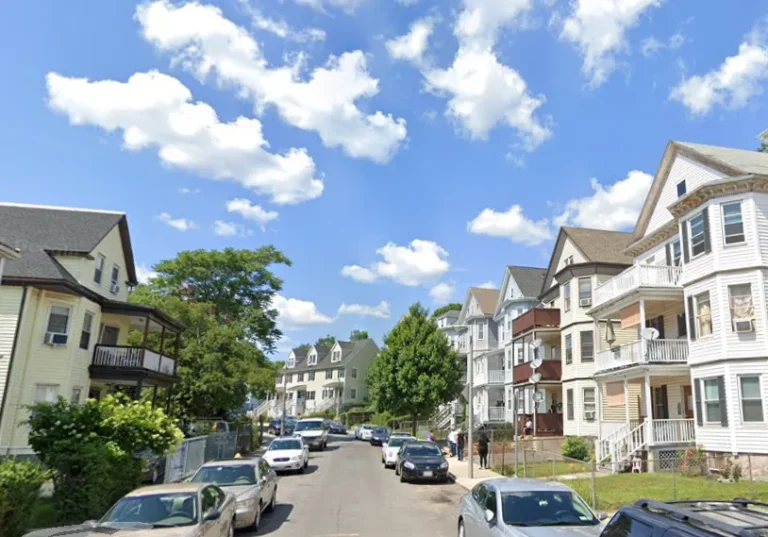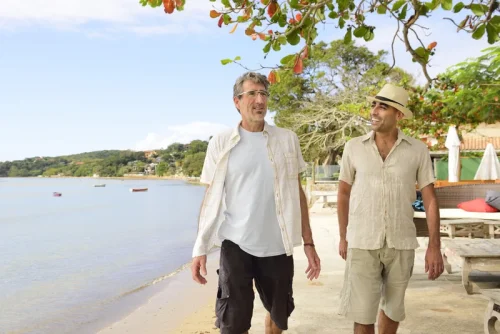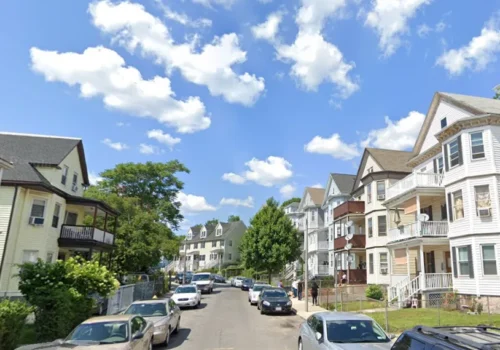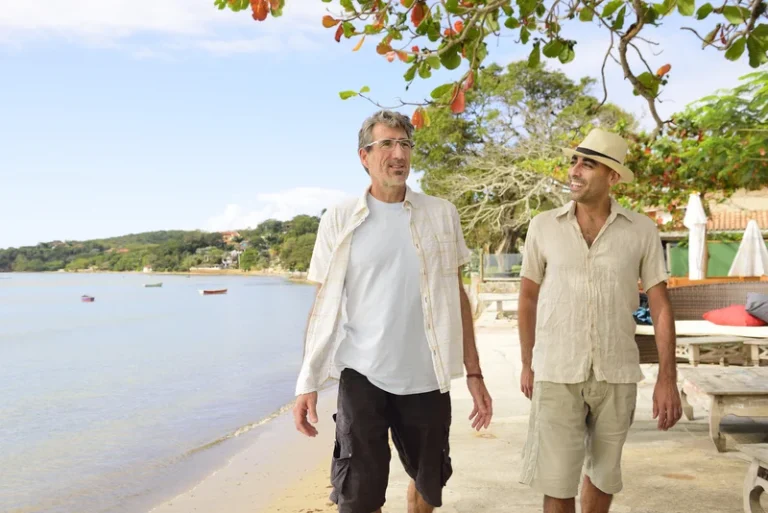
The individual will eventually, and in most cases quickly, find themselves back where they started before making the noble decision to get sober and clean up the consequences of their actions. In many cases, the individual may even find himself or herself at a deeper level of addiction https://ecosoberhouse.com/ after relapsing. Of course, it varies from drinker to drinker, and no expression of the disease is the same.
Stage 1: Emotional Relapse

Abstinence provides a clear boundary and eliminates the possibility of relapse, offering the best chance for sustained recovery and improved overall well-being. Specialists in addiction treatment largely recommend abstinence as the safest and most sustainable choice. Research consistently shows that complete sobriety minimizes the risk of relapse and improves mental, emotional, and physical well-being over time. You may need medical help in your transition to sobriety to blunt the effects of withdrawal.
- The study was published in 2014 in the journal Drug and Alcohol Dependence.
- Recommit to your self-care plan, especially activities that eased stress and other emotional triggers.
- In fact, 40 to 60 percent of people recovering from substance addiction relapse at some point according to the National Institute on Drug Abuse — but this doesn’t mean their treatment has failed.
- Anyone considering an alcoholic past such as Pauls would think it was madness for him to try and drink safely, yet time and time again he does.
- With CBT, you learn that recovery is based on practicing coping skills, not willpower.
What Are the Legal Consequences of Alcohol Abuse?
Our recovery programs are based on decades of research to deliver treatment that really works. In the action stage, people have chosen an approach to sobriety and they’re executing it. Doing a cost-benefit analysis to weigh the benefits of alcohol use against the cons and costs can sometimes help a person find clarity at this stage. Our facilities across the U.S. offer a full continuum of care, custom treatment plans, and comprehensive discharge plans to aid in the success of your recovery. Without alcohol in your system and with proper nutritional nourishment, you will notice that you have more energy and a desire to do things. You may even want to start exercising and become more social because of this increased energy.
Dangers of Relapse

Within the first month of refraining from alcohol, you will notice that you feel more rested in the morning because you are sleeping through the night and are not having interrupted sleep. Many people are unaware that they are experiencing nighttime awakenings but wonder why they wake up in the morning feeling exhausted even after a long night’s sleep. Alcohol withdrawal symptoms occur because the GABA neurotransmitters in the brain, which are the primary brain chemicals affected by alcohol, are now depleted of alcohol.

Individual Therapy for Addiction

First, rather than viewing your relapse as a sign of failure, drinking again after sobriety accept it as a step in your journey to sobriety that signals you need to revise your recovery approach. Shame and guilt about past alcohol use increase a person’s risk of relapse. If they relapse, these negative emotions often intensify, creating a cycle of abstinence and relapse that is difficult to break without professional help. If you’ve been in a program, immediately connect with your counselor, therapist, support group, or mentor. Recommit to your self-care plan, especially activities that eased stress and other emotional triggers. Many people think preventing a relapse means just saying “no” to a drink.
For Loved Ones
I really didn’t want to give up alcohol if I’m being completely honest, but I knew it was the one thing that could make a huge difference in my life and health. “Unfortunately, for some people the extent of brain cell loss means recovery isn’t complete.” Instead of being cordoned off to a decidedly unsexy corner of a drink menu, mocktails now often get an entire page of their own. Luxury powerhouse LVMH’s liquor division, Möet Hennessy, recently invested in a minority stake in the nonalcoholic wine brand French Bloom.
The Nature of Alcohol Addiction
Long-term recovery requires an unwavering commitment to sobriety and a willingness to seek help when needed. Harmony Ridge Recovery WV is here to provide the support and resources necessary for a healthier, alcohol-free life. If you or a loved one are navigating recovery, contact us today to take the first step toward lasting change. In conclusion, the question of whether an alcoholic can ever drink again does not yield a straightforward answer. Instead, it invites a deeper reflection on the nature of addiction, the potential for human resilience, and the importance of personalized recovery paths. The decision to pursue controlled drinking or commit to total abstinence is deeply personal and should be made with careful consideration of the individual’s circumstances, risks, and support systems.
- Each time that these people drink, their brains adapt to the presence of alcohol.
- While the abstinence stage of withdrawal causes mostly physical symptoms, post-acute withdrawal is very psychological and emotional.
- Because alcohol withdrawal can be life-threatening, detoxing in a medically managed environment is advisable.
- This program is designed to address co-occurring disorders, such as anxiety, depression, or PTSD, alongside addiction.
- Shame and guilt about past alcohol use increase a person’s risk of relapse.
- An alcohol relapse means you go back to drinking regularly after having a period of sobriety without the use of alcohol.
BLOG Alcohol use disorder
This is because alcohol abuse alters your brain chemistry, making it difficult Sober living home to control your drinking once you start. Many people drink to try and help manage stress, anxiety, depression or other mental health problems. However, the effects are short-lived and the long-term negative consequences of drinking a lot can be harmful and lead to the worsening of low mood and anxiety symptoms.
